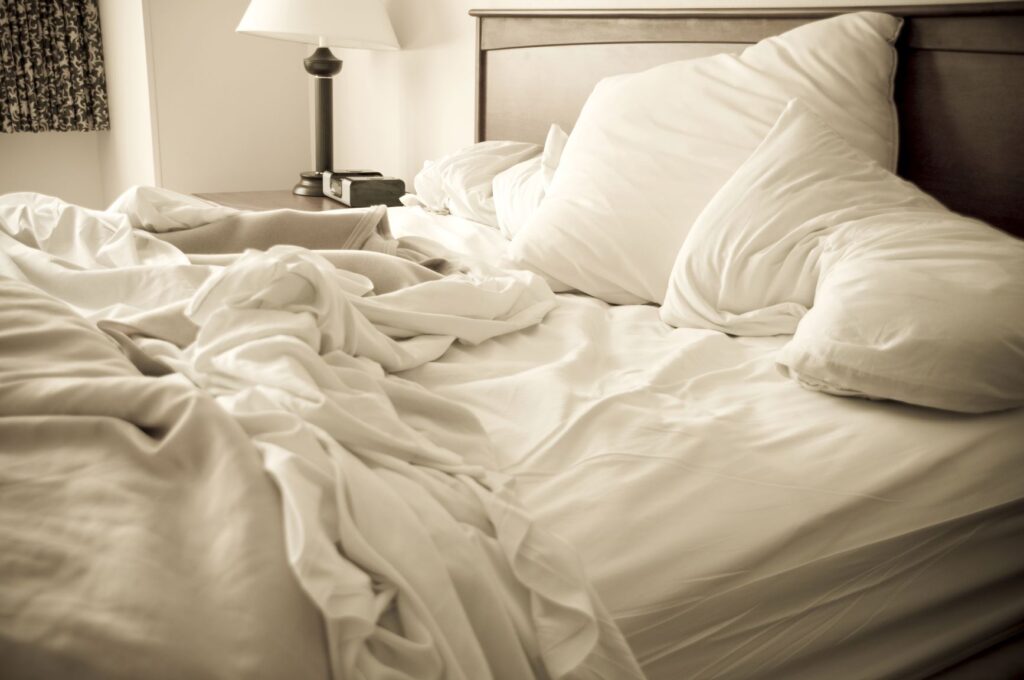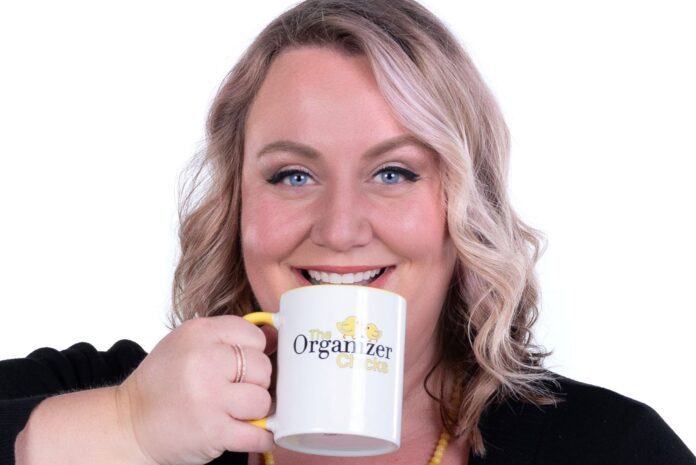By Amber Taggard
1. Make your bed every morning—even if it’s just your half.

Making your bed sends an important message to your brain that the time for rest is over and the time for productivity has arrived. It only takes 2 minutes and offers a significant return on investment. You will check off a box on your “to-do” list, give yourself an endorphin release that comes with accomplishment, and set yourself up for success for the rest of the day.
2. Like Elsa—just let it go.
In the United States, the fastest-growing sector of real estate is storage units—we have too much stuff. Ask yourself specific questions to determine what qualifies to be kept. For example: When did I last use this? Do I have something else that serves a similar function? Could I borrow or replace this if a future need arose? Would I purchase this again if I were at the store today?
3. Help your children help themselves.
Put your children on the path to organizational success by helping them do three things: downsizing what they have to be responsible for, creating clear processes and procedures according to their abilities and ages, and instilling consistent rituals to foster clean-up and organization. Make tidying up a regular part of the day or nighttime routines like dinner, bathtime, and bedtime stories.
4. Use old-school time management techniques.
We are saturated with so many digital notifications that the sounds can quickly become meaningless auditory clutter, hidden away into our subconscious’s background. By taking the time to write down an appointment, idea, or lesson learned, it becomes engrained in our memory, and therefore more likely to be completed.
5. Follow the “2-minute rule.”
The rule is simple: “If it takes two minutes or less to do, do it now.”Recognize that clutter is just the result of deferred decisions and delayed actions. It’s the shoes that got kicked off and not put away, the mail that got tossed on the counter, or the books not returned to the shelf. Identifying these as individual tasks requiring two minutes or less will help keep you from allowing clutter to pile up in the first place










